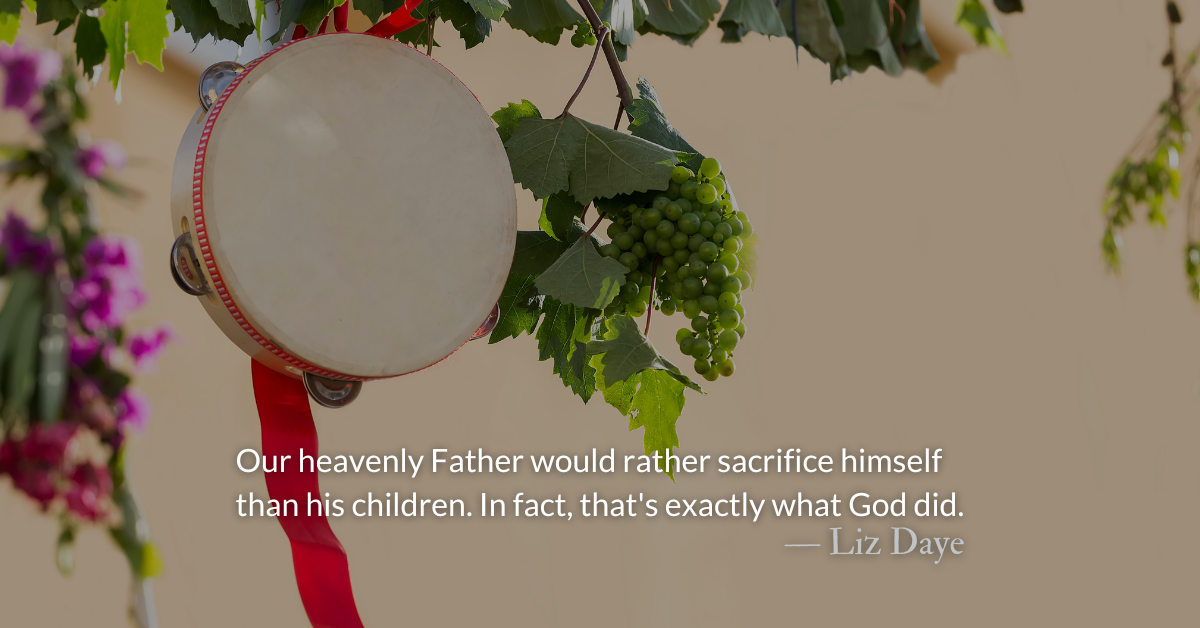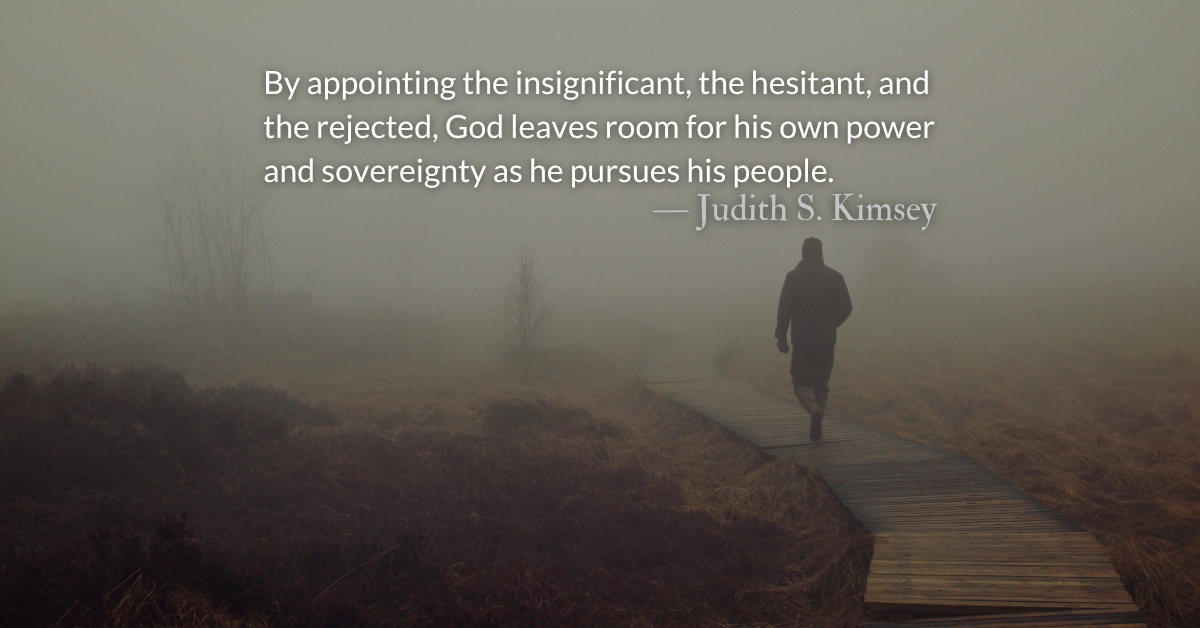Scripture Focus: Judges 11.34-40
34 When Jephthah returned to his home in Mizpah, who should come out to meet him but his daughter, dancing to the sound of timbrels! She was an only child. Except for her he had neither son nor daughter. 35 When he saw her, he tore his clothes and cried, “Oh no, my daughter! You have brought me down and I am devastated. I have made a vow to the LORD that I cannot break.”
Originally published on July 28, 2023, based on readings from Judges 11.
Readers’ Choice posts are selected by our readers:
Erin, Texas — I appreciated the focus on the daughter’s faithfulness and how the community honored her despite her father’s hasty decision. It is a reminder of the goodness of God to look upon the vulnerable and those who are victims of others’ destructive decisions.
Reflection: Timbrels to Tears — Readers’ Choice
By Liz Daye
In a moment, everything changed. What was supposed to be a celebration, transformed into anguish. “Why?!” Jephthah lamented, tearing his clothes in grief. “My daughter, you have brought me disaster. You are the cause of my ruin!” Why did his daughter have to run out the front door and, in his words, ruin everything? He had crafted a plan, after all. If God granted him victory in battle, Jephthah vowed to offer the next thing that came out of his home as a sacrifice.
But who exited first? His only daughter.
Jephthah idolized the outcome of his victory. And I wonder what if instead of keeping his awful vow, Jephthah repented making it in the first place? Repentance framed by grace is an invitation that is always available. Jephthah missed it because of his own pride and fear. As I ponder Jephthah’s story, I can’t help but recall the times I have also attempted to negotiate with God for what I thought was a really good reason, whilst leaving God out of the conversation entirely.
Yet throughout Jephthah’s idolatrous plotting and failure to consider the possibility of her presence, God was noticeably silent. God never signed off on any of this mess. May this remind us that our faith is not a formula, nor is faithfulness a series of divine negotiations that we can manipulate to somehow land in our favor. What if faith is always an invitation towards humility and grace?
And had Jephthah consulted God before making that vow, he would have remembered that God is in control, but not controlling. God is “gracious and merciful, slow to anger and abounding in steadfast love;” love for Israel, for Jephthah, and for his daughter. And even after, repentance is always an option. Repentance is always available. Had repentance been present in this story, it bears wondering, how could it have altered the trajectory? But even here, we don’t have to wonder what God is like. Our heavenly Father would rather sacrifice himself than his children. In fact, that’s exactly what God did.
Like Miriam in the desert, Jephthah’s unnamed daughter was a timbrel towing prophetess. The daughters of Israel honored her legacy, rather than Jephthah’s. This annual remembrance points to a God who does not sign off on the sins we commit against one another, regardless of the skillfulness of our theological gymnastics. For God loves to lift the lowly.
Divine Hours Prayer: The Call to Prayer
Know this: The Lord himself is God; he himself has made us, and we are his; we are his people and the sheep of his pasture. — Psalm 100.2
– From The Divine Hours: Prayers for Summertime by Phyllis Tickle.
Today’s Readings
1 Samuel 17 (Listen 8:59)
1 John 5 (Listen 3:00)
This Weekend’s Readings
1 Samuel 18 (Listen 4:30), 2 John (Listen 1:50)
1 Samuel 19 (Listen 3:43), 3 John (Listen 1:51)
Read more about Supporting Our Work
For less than a streaming subscription, you can support ad-free content that brings biblical devotionals to inboxes across the world. Please join our donors
Read more about Rulers with Borrowed Scepters
Jesus is the king we are waiting for—every other ruler is using a borrowed scepter.









